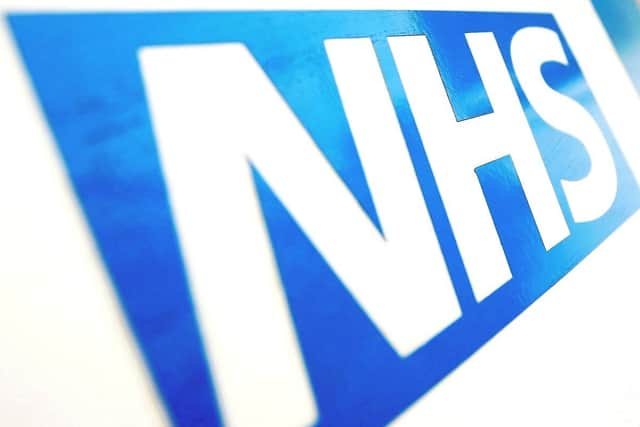Monkeypox UK: What is monkeypox? What are the symptoms of the rare infection? How do you get monkeypox? How do you prevent it?
With 16 new cases being announced on May 27, the total has gone up to 101 since May 7.
According to the UKHSA, there is no link to travel to a country where monkeypox is endemic, and where and how the patients contracted the infections remains unknown and under investigation.
Advertisement
Hide AdAdvertisement
Hide AdThe UKHSA is working closely with NHS partners to identify whether more cases have emerged in recent weeks.


Early evidence indicates the virus is not easily spread from person to person and the risk to the UK population remains low.
However, the virus is thought to spread through close contact. The UKHSA is advising people to be alert to any unusual rashes or lesions on any part of their body, especially their genitalia, and to contact a sexual health service if they have any concerns.
Chief medical adviser at UKHSA, Dr Susan Hopkins, said: “This is rare and unusual. UKHSA is rapidly investigating the source of these infections because the evidence suggests that there may be transmission of the monkeypox virus in the community, spread by close contact.
Advertisement
Hide AdAdvertisement
Hide Ad“We are particularly urging men who are gay and bisexual to be aware of any unusual rashes or lesions and to contact a sexual health service without delay.
“We are contacting any potential close contacts of the cases to provide health information and advice.”
Here is everything you need to know about monkeypox.
What is monkeypox?
It is a rare infection mainly spread by wild animals in parts of west or central Africa.
The risk of catching it in the UK is very low.
How can you catch monkeypox?
According to the NHS website, monkeypox can be caught from infected wild animals in parts of west and central Africa and it’s thought to be spread by rodents such as rats, mice and squirrels.
Advertisement
Hide AdAdvertisement
Hide AdA human can catch monkeypox from an infected animal through a bite, if you touch their blood, bodily fluids, spots, blisters or scabs.
You may also potentially catch monkeypox by eating meat from an infected animal that has not been cooked properly, or by touching other products from infected animals like animal skin or fur.
It is very uncommon to get monkeypox from a person with the infection as it does not spread easily between people. However, it can be spread through:
- Touching clothes, bedding or towels used by someone with the monkeypox rash
- Touching monkeypox skin blisters or scabs
- The coughs or sneezes of a person with the monkeypox rash
Advertisement
Hide AdAdvertisement
Hide AdIf you have been in close contact with someone who has monkeypox in the UK, you will be contacted by health professionals.
If you have not been contacted, it’s extremely unlikely you have monkeypox.
What are the symptoms of monkeypox?
If you get infected with monkeypox, it normally takes between five and 21 days for the first symptoms to appear.
The initial symptoms of monkeypox include:
- A high temperature
- A headache
- Muscle aches
- Backache
- Swollen glands
- Shivering (chills)
- Exhaustion
A rash normally appears one to five days after the first round of symptoms. The rash often starts on the face, then spreads to other parts of the body.
Advertisement
Hide AdAdvertisement
Hide AdThe rash can be confused with chickenpox; it begins as raised spots, then turn into small blisters filled with fluid. Gradually over time, these blisters form scabs which later fall off.
The symptoms usually last for two to four weeks.
How can I reduce the risk of catching monkeypox?
Even though the virus is rare, it is always useful to follow a process in which you can decrease your chances of becoming infected even further while travelling in west and central Africa.
Here are the do’s and don’ts according to the NHS website.
DO:
- Wash your hands with soap and water regularly or use an alcohol-based hand sanitiser
- Only eat meat that has been cooked thoroughly
DON’T:
- Go near wild or stray animals, including dead animals
- Go near any animals that appear unwell
- Eat or touch meat from wild animals (bush meat)
- Share bedding or towels with people who are unwell and may have monkeypox
- Have close contact with people who are unwell and may have monkeypox
Comment Guidelines
National World encourages reader discussion on our stories. User feedback, insights and back-and-forth exchanges add a rich layer of context to reporting. Please review our Community Guidelines before commenting.
